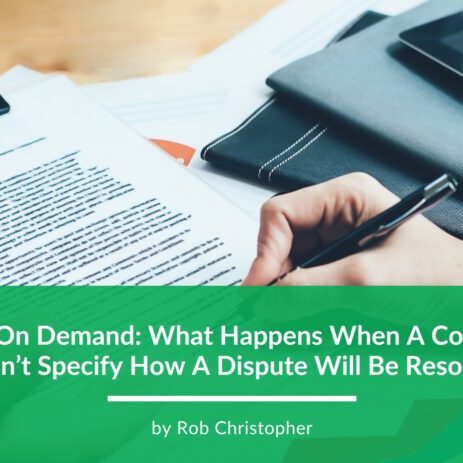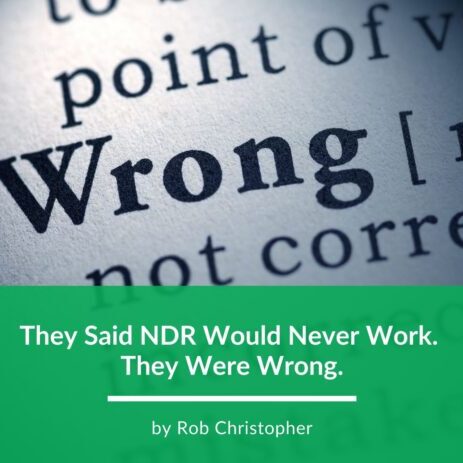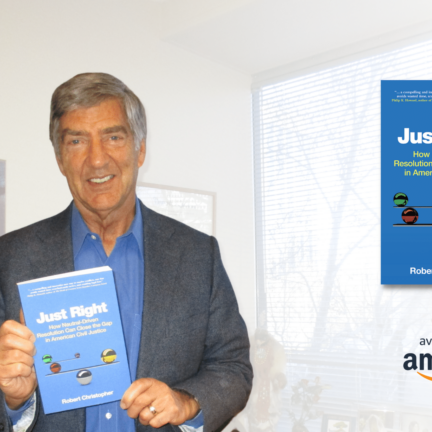How much DOES discovery cost?

Litigation can be expensive and one of the largest expenses of any litigation is finding information. Of those dollars devoted to discovery and investigation costs, producing electronically stored information (ESI) alone can comprise 60-80% of those costs. Drilling down into those costs and taking a closer look at what it costs to produce ESI, according to the Rand Institute for Civil Justice, reviewing these documents for relevancy and privilege comprises 73% of these production costs. A common industry benchmark for document review costs is a dollar a document, which doesn’t sound like a lot until you realize that it is easy to amass thousands of documents just for one person. Although there are various techniques and software solutions to help lower a number of documents needing review, you can see how costs can quickly spiral out of control if you have a lot of electronic data to review and produce.
In my experience, as in-house counsel, executives are generally very gung ho to litigate so that they can prove they are right. This feeling of needing to prove how right they are and the related directive to litigate until the bitter end usually persists until the first few legal bills covering investigation and discovery start trickling in. Only then do the second-guessing and rethinking seeds start to germinate… “Does it really cost this much to litigate?” “What if we don’t collect so much data?” What if we don’t take so many depositions?” “Do I really have to be deposed?” “Do I really have to turn over all of my emails?”
The estimated costs to produce ESI don’t even include lawyer’s time, expert’s time, or the hidden costs of having executives’ attention drawn away from the business to focus on litigation demands, depositions, interviews, or litigation strategy sessions. These costs also don’t include the lost opportunity cost where executives and other business people could be doing something more productive, like running the business, rather than litigating.
Usually the heart of litigation or resolving a matter boils down to a handful of dispositive documents (usually a contract or emails or other documents) but finding those few documents through the document review process can be extremely costly, driving total litigation costs through the roof.
More to read
NDR on Demand: What Happens When a Contract Doesn’t Specify How a Dispute Will Be Resolved?
The best way to deter threats of litigation and minimize the costs, duration, and distractions of resolving any dispute is to put a dispute resolution clause specifying NDR — Neutral-Driven Resolution — in all your contracts BEFORE there is a problem. That means that if a dispute should arise between a business and a contractor,…
They Said NDR Would Never Work. They Were Wrong.
Many people are surprised by how effective NDR can be. Since publishing my book and speaking at events about NDR (Neutral-Driven Resolution), I’ve often been asked a simple question: Does it work? And if it really does lower the costs and the time it takes to settle common disputes, why doesn’t everybody know about…
“Morgan Hill author releases new book”
The Morgan Hill Times featured Rob’s new book in an article ahead of his “Meet the Author” night at Booksmart. “Legal disputes and conflicts cost businesses billions of dollars a year in lawyers’ fees, lost productivity, time and aggravation. A new book by Morgan Hill author Robert Christopher proposes an innovative, faster and simpler way…
Not All Disputes are Equal
Not all business and legal disputes are alike, and not all of them can be resolved in the same way. In writing my book Just Right: How Neutral-Driven Resolution Can Close the Gap in American Civil Justice, it was important to distinguish the types of common disputes for which NDR is most suitable. As readers…



